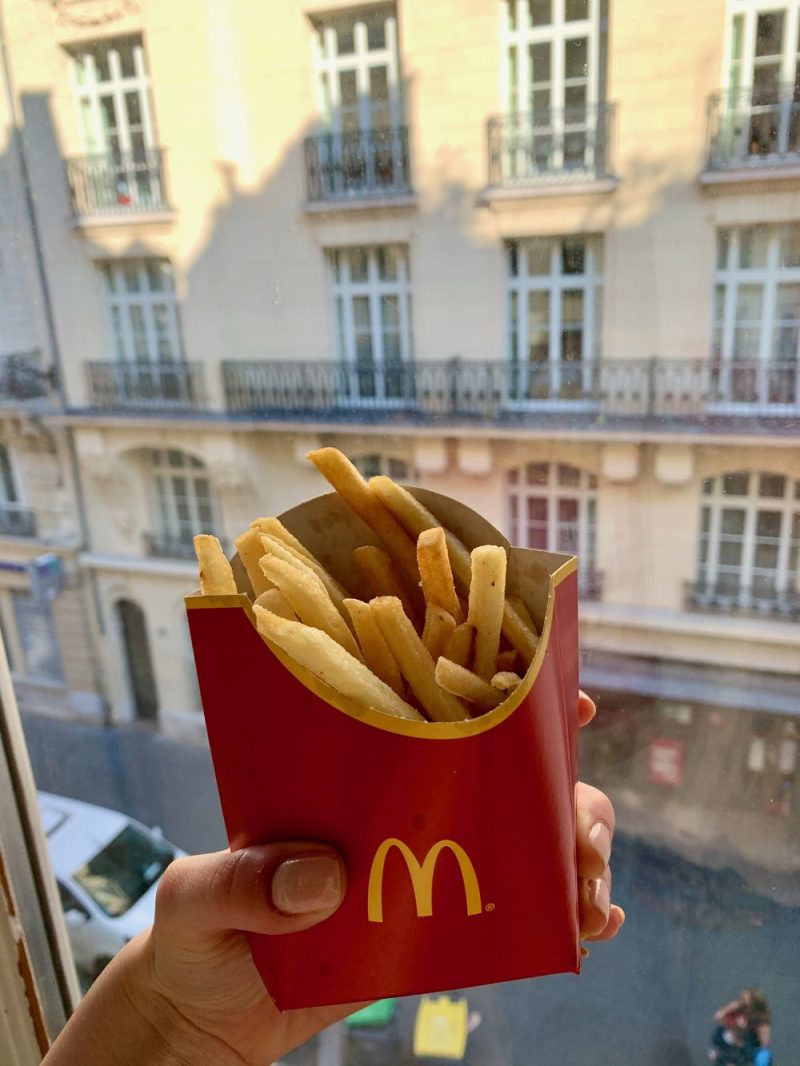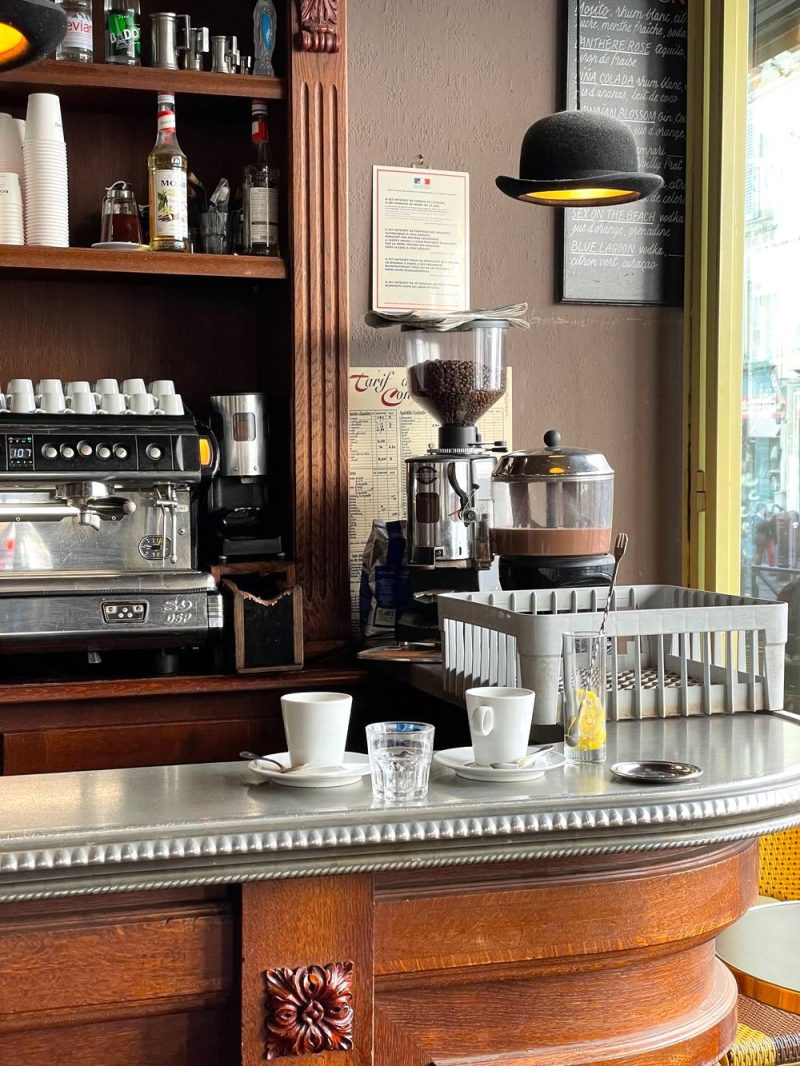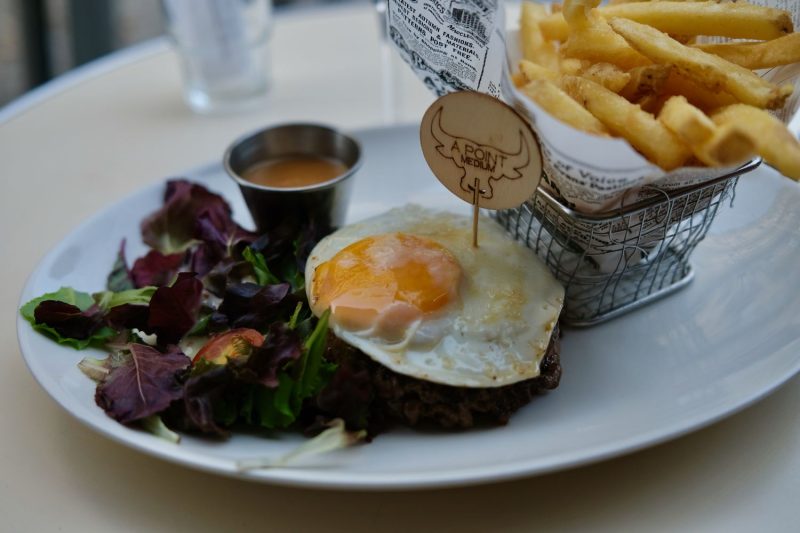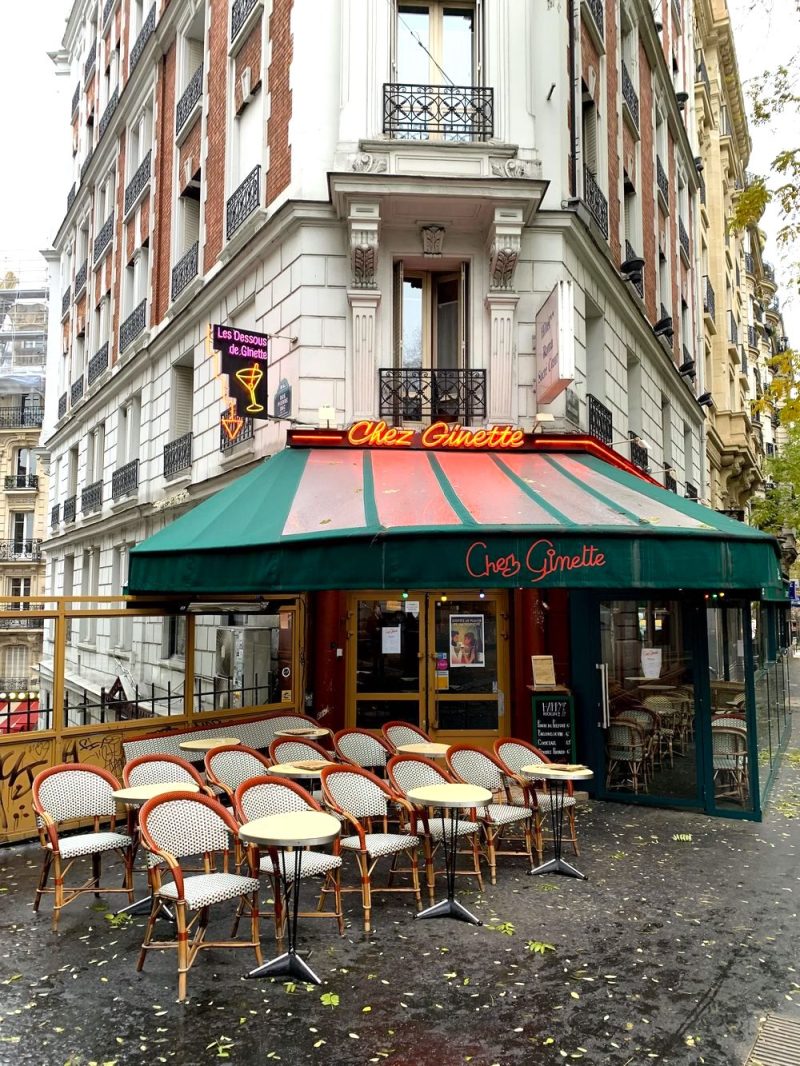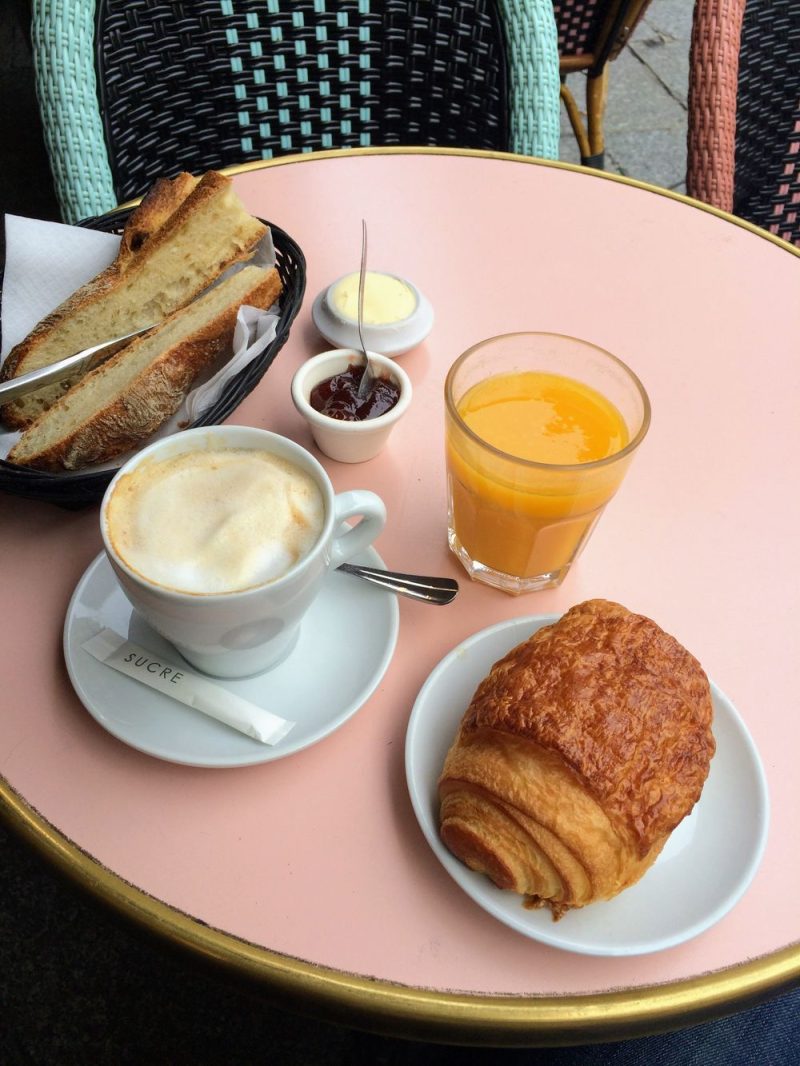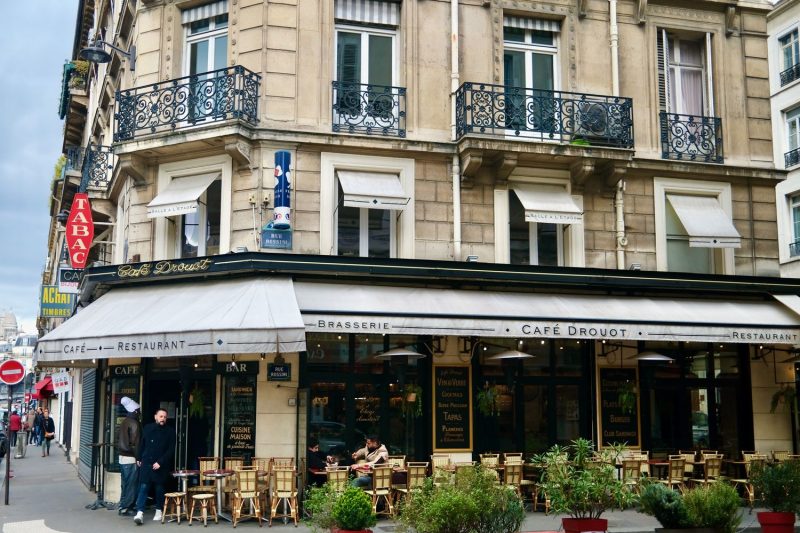French Café Etiquette: Essential Manners and Local Customs
Culture Travel may earn a commission through links on this website. As an Amazon Associate, we earn from qualifying purchases.
Bonjour! There’s nothing that makes you feel like you’re living the French lifestyle than sipping a café au lait at a Parisian café and watching the world go by. However, café culture in France does come with its own set of customs and etiquette that are good to know before visiting. That’s why these French café etiquette tips will help you navigate the scene.
I’ll walk you through the unwritten rules for successfully visiting the best cafés in France. We’ll cover everything from how to properly order at the counter, to saving seats, to leaving the right tip.
I’ll share insider tips on gestures to avoid, how long you can linger at a table and my advice for blending right in with locals. By the end, you’ll be a pro at navigating the cafés of Paris and beyond without committing any faux pas!
Whether you’re looking to people watch, read a book, or simply chat with a friend over a hot drink, this guide will ensure that your French café experience goes smoothly. So grab a croissant and your favorite café crème, and let’s dive into the etiquette of patronizing the most charming cafés in the world!
Here are some tips on French café etiquette!
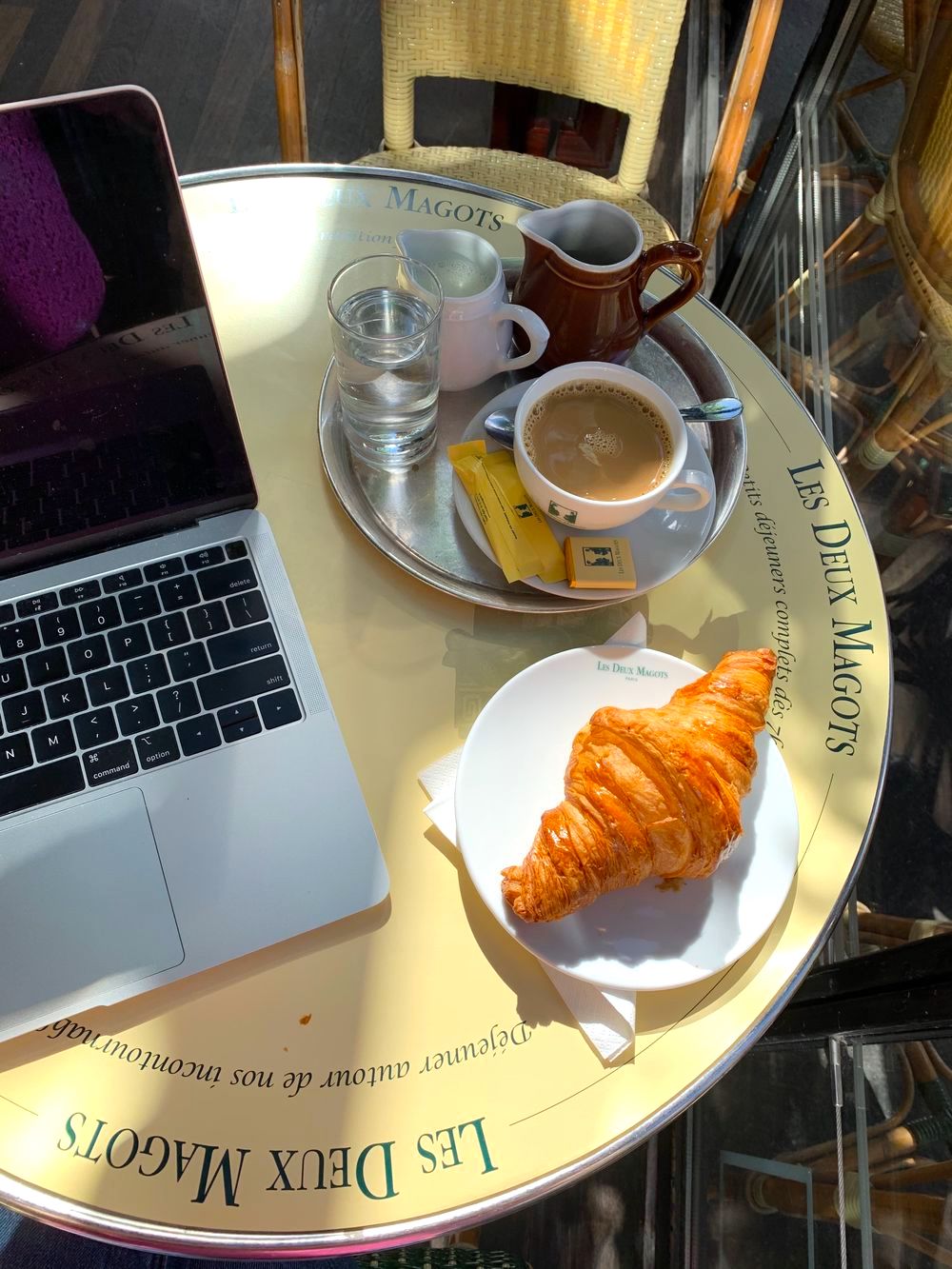
Greet the Host or Waiter
First, when entering a French café, it’s customary to greet the staff with a polite “Bonjour” (Good Day) or “Bonsoir” (Good Evening), depending on the time of day. This is considered a basic yet important etiquette in French culture.
Seating
Do you just sit down at cafés in France? In many cafés in France, especially in busy urban areas, it’s common to just find a seat and sit down. However, it’s always a good practice to briefly check with the staff or observe any posted signs to confirm if you can seat yourself or if they prefer to seat you. In finer dining establishments or very busy periods, staff might have a seating system to ensure smooth service.
At many French cafés, you may find that there is a difference in pricing based on where you choose to sit. Generally, sitting at the bar is cheaper than sitting at a table. Additionally, terrace seating might cost a bit more than inside seating. Being aware of this can help avoid any unexpected surprises when the bill comes.
Mind Your Neighbors
In French cafés and restaurants, it is not uncommon to find seating arrangements where tables are very close to each other. In such settings, being mindful of your neighbors is a part of good etiquette.
A smile or a polite nod as a gesture of acknowledgment towards your neighbors can go a long way in fostering a friendly and respectful atmosphere. It’s a subtle way of showing consideration and respect towards others sharing the space with you.
Maintain a moderate volume while conversing. This helps in avoiding disturbances to others seated nearby, and it also allows for a more pleasant dining atmosphere.
When the seats are close together, move gracefully without making sudden or large movements to avoid bumping into others or their tables. Being aware of your surroundings and moving cautiously can prevent any unintended mishaps.
How to Order Coffee or Food at a Café
To ensure a pleasant experience when ordering coffee or food at a café in France, adhering to certain etiquette can be beneficial. Take a look at the menu thoroughly before ordering. French coffee drinks are quite different than American ones.
Initiate your conversation with another polite greeting like “Bonjour” (Good Morning) or “Bonsoir” (Good Evening), based on the time of day. This simple gesture is highly appreciated and sets a friendly tone for the interaction.
If the waiter has come to your table before you’re ready to order, simply say “Un moment, s’il vous plait” to let him know you need a minute.
When placing your order, it’s courteous to use phrases such as “je voudrais” (I would like) or “s’il vous plaît” (please) to convey your request politely. For instance, to order a coffee, you could say, “Je voudrais un café, s’il vous plaît.” This translates to “I would like a coffee, please.”
After placing your order, a “Merci” which means “Thank you,” is a polite way to end the interaction. Showing appreciation for the server’s assistance is considered good manners.
You’ll also need to repeat the “Merci” when your coffee or food actually arrives.
Don’t Rush
Taking time to enjoy your coffee or meal is highly encouraged in French cafés. The French prefer to savor their food and drink rather than rushing through them. Therefore, don’t be afraid to sit and enjoy your time at the café without feeling pressured to leave quickly.
However, if the café is particularly busy, it’s courteous to not linger too long after finishing your meal, allowing others the opportunity to be seated and enjoy their time at the café.
Be Polite About the Food
Is it rude to not finish food in France? In France, not finishing your food is not necessarily considered rude, but it might imply that you did not enjoy the meal. If you are dining at someone’s home or at a high-end restaurant, it might be perceived as more polite to finish your meal. However, at a café, waiters know that everyone has different appetites and preferences so they don’t take it personally. If you can’t finish your meal, express your gratitude and appreciation for the food. Communicate politely if you enjoyed the meal or if there were any issues with the food.
Tipping in France
Remember that the service charge is included in your bill in France. It is not necessary to leave a tip, but if you are particularly pleased with the service, you can leave small change as a gesture of appreciation.
Asking for the Bill
Lastly, when you are ready to leave, catch the attention of the server and ask for the bill by saying “L’addition, s’il vous plaît” which translates to “The bill, please”. It’s the formal and polite way to request your bill in French cafés.
